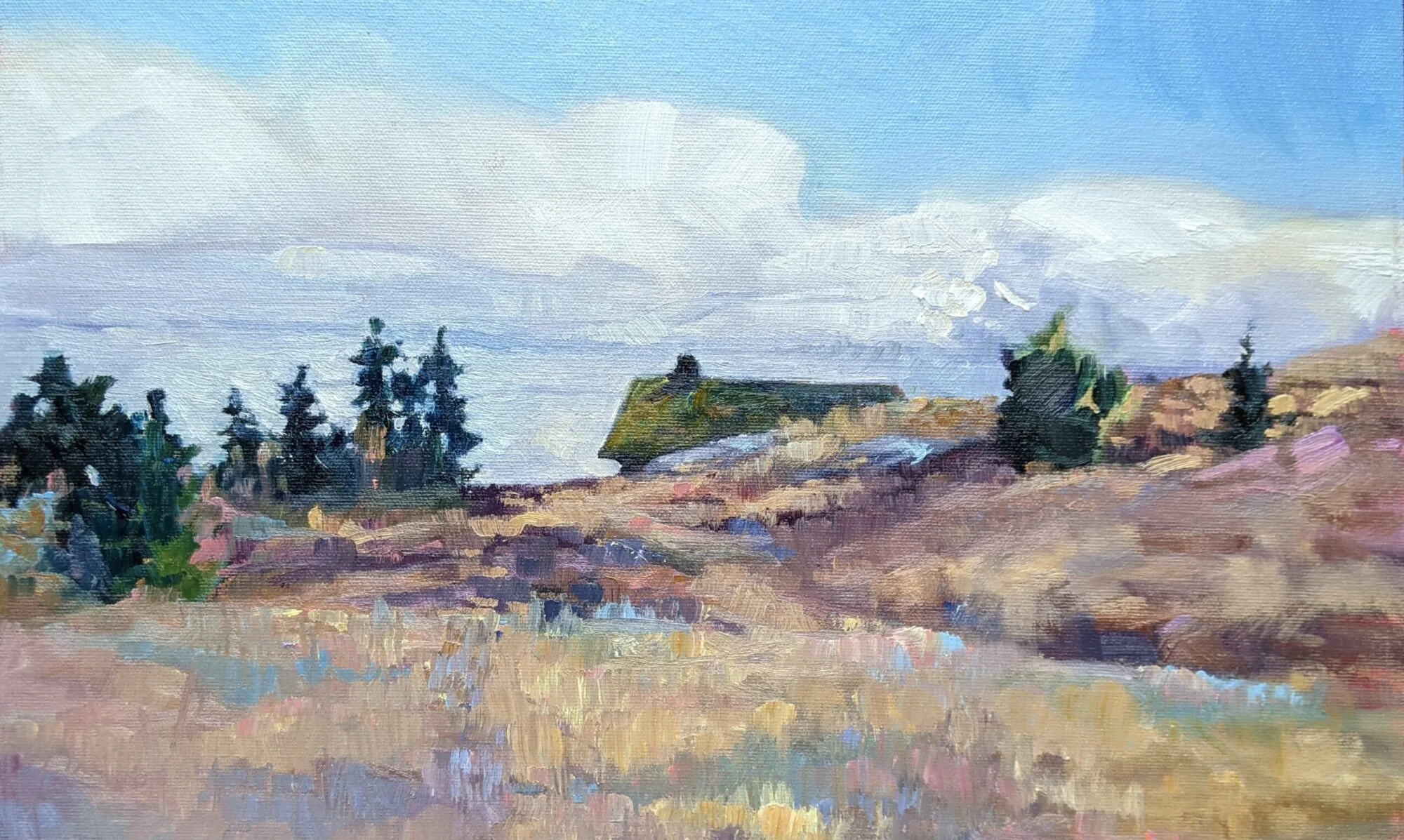One in five houses in Maine is someone’s vacation home. The potential implications of COVID-19 are terrible.
 |
| Four Ducks, Cape Elizabeth Paint for Preservation, by Carol L. Douglas |
One thing I’ve dreaded doing was striking out upcoming events on my website. As I’ve written before, I think the plein air festival has lost its punch. Because of this, I deleted all but a few key events in 2020. The ones I kept had strong revenues or provided unusual opportunities for painting. Then cancellations started flooding in from organizers rightly worried about promoting events they can’t deliver. Now I’m left with what I’d thought I wanted: a summer where I can concentrate on painting here at home, and where I can run my studio-gallery without interruption.
Of course, I don’t know whether anyone will be able to come. Like everyone else, I have no idea what shape the summer will take. The state of Maine is on lockdown. That’s not irrational:
one in five houses in this state is someone’s vacation home, the highest percentage in the nation. That makes us very vulnerable to visiting pathogens.
 |
| Ottawa House, Parrsboro International Plein Air Festival, by Carol L. Douglas |
But tourism is one of our top economic drivers. In 2018, over 37 million people visited Maine, spending $6.2 billion and supporting 110,000 jobs. The cost of this lockdown, if it continues through the summer months, is incalculable. The cultural costs are being felt already. Our bicentennial was March 15, but the state had to postpone a host of celebrations that have been years in the making.
In the near future, I’ll be teaching painting via Zoom. Teaching via the internet is going to be radically different from teaching in person. I need to figure out new ways to prepare, since we won’t all be looking at the same scene, carefully curated to address a specific issue in painting. The issue isn’t technology; it’s creating projects that are doable in students’ homes.
 |
| Ocean Park Beach, Art in the Park, by Carol L. Douglas |
I’m kicking myself for not paying more attention to
Katie Dobson Cundiff while we were in Argentina. She teaches at
Ringling College of Art and Design. Her students were all sent home while they were on spring break. While the rest of us were larking around the glaciers, she was creating a template for remote teaching.
The only analogy in my lifetime was the economic collapse of 2008. My income fell by 2/3 in one horrible year. Both painting sales and classes were way down. My strategy was to stop showing and selling until the market had time to recover. Even my teaching practice was reduced. Instead, I used that time to focus on my own development.
I don’t think the current crisis will have the same shape as the 2008 crash, but I’ll probably do something similar. I’m retracting, watching, and trying to be nimble. And I’m really curious about your ideas.
But first I have to feel better. I’m entering week four of being ill. This morning, I’m breaking my quarantine to drive to my PCP’s office for further testing. If I get arrested, you can send me a file in a cake.



